Physical Address
304 North Cardinal St.
Dorchester Center, MA 02124
Physical Address
304 North Cardinal St.
Dorchester Center, MA 02124
When it comes to managing productivity and efficiency, especially in a small business, time tracking software for small business plays a crucial role. Whether it’s monitoring employee hours, improving project timelines, or ensuring accurate billing, time tracking tools have become essential for streamlining operations and boosting profitability. In this article, we will explore five of the best time tracking software options for small businesses, providing a detailed breakdown of their features, pricing, pros, and cons. By understanding the landscape of these tools, you can make an informed decision that fits your company’s unique needs.
For startups looking to combine time tracking with other operational software, our articles on Best HR Software for Startups and Best Project Management Software might also offer valuable insights to complement this guide.
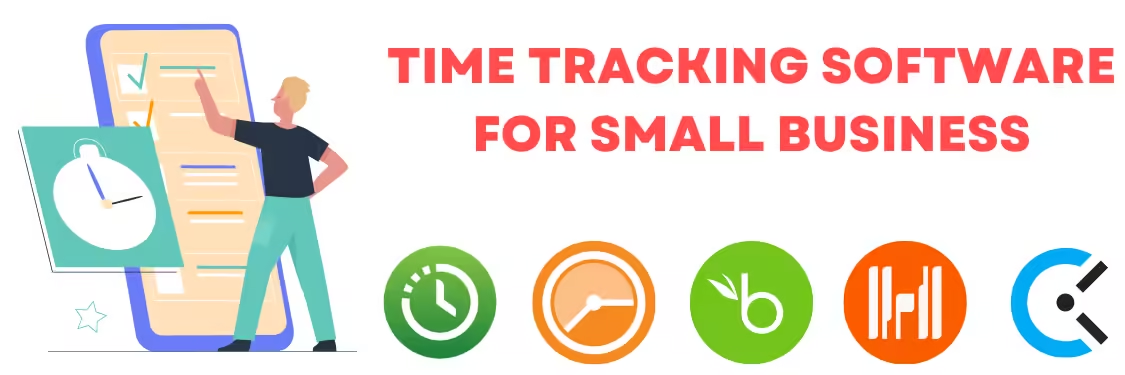
Choosing the right time tracking software can be transformative for small businesses, helping to streamline operations, improve billing accuracy, and boost productivity. With so many options available, it’s important to select a tool that meets your unique business needs. In this list of the top 5 Time Tracking Software for Small Businesses, we’ll explore leading platforms like QuickBooks Time, Clockify, BambooHR, and others, each offering distinct features, integrations, and pricing models to support efficient time management and overall business success.
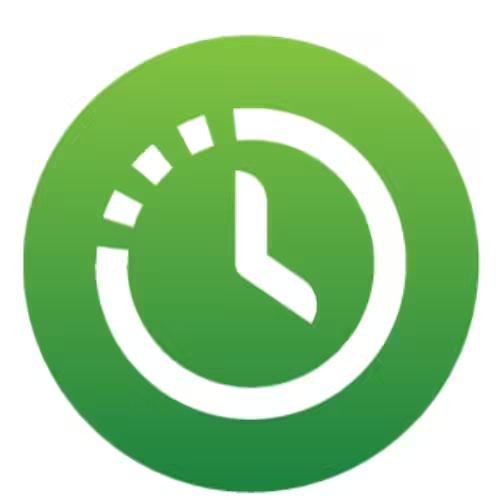
QuickBooks Time (formerly TSheets) is one of the most popular time tracking software solutions, particularly well-suited for small businesses that already use QuickBooks for accounting. It simplifies payroll and time tracking by seamlessly integrating with various accounting and payroll platforms, ensuring smooth data transfers between your business tools.
Key Features:
Pricing: Starts at $20/month + $8 per user/month.
Pros:
Cons:
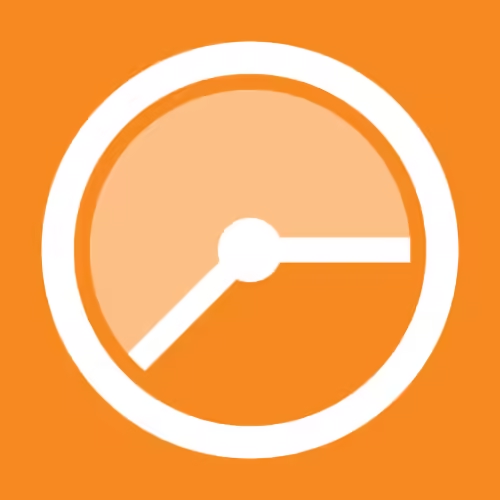
The Timesheet App offers an intuitive solution for tracking employee hours, project progress, and overall business efficiency. Ideal for small teams, it comes with various features that make monitoring employee time simple yet effective.
Key Features:
Pricing: Free for up to 3 users; premium plans start at $4 per user/month.
Pros:
Cons:
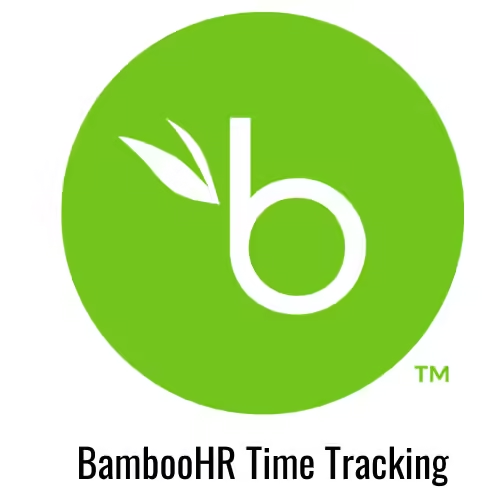
BambooHR is well-known for its HR solutions, but its time tracking module also offers robust tools for small businesses to manage employee attendance, time-off, and workforce efficiency. As part of an all-in-one HR solution, BambooHR time tracking integrates well with other HR functionalities like payroll, benefits, and onboarding.
Key Features:
Pricing: Custom pricing based on company size.
Pros:
Cons:
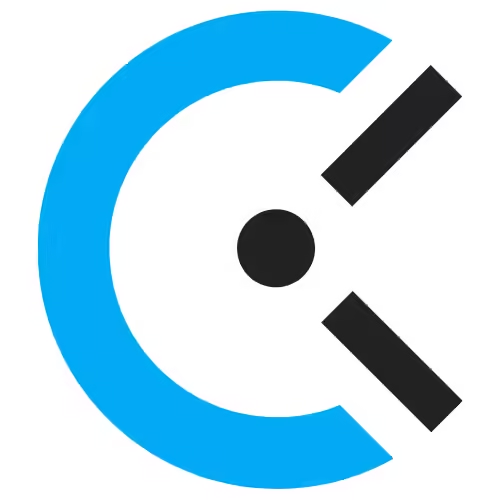
Clockify offers one of the most versatile time tracking platforms, with a generous free plan that supports unlimited users and projects. It’s perfect for small businesses that need a flexible, affordable solution to track hours, monitor employee progress, and generate detailed reports.
Key Features:
Pricing: Free for unlimited users; paid plans start at $9.99 per user/month for advanced features.
Pros:
Cons:
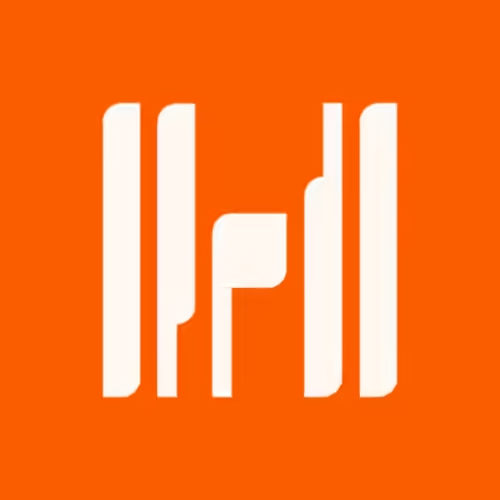
Harvest is a time tracking tool built for small businesses that need to track billable hours, generate invoices, and keep tabs on project budgets. It’s particularly useful for businesses in service industries like consulting, design, or development, where accurate time tracking is directly linked to client billing.
Key Features:
Pricing: Free for 1 user; $12 per user/month for paid plans.
Pros:
Cons:
Time tracking software is essential for small businesses aiming to streamline their operations, reduce manual data entry, and improve productivity. Whether you need a simple time tracker for a few employees or an all-in-one solution that integrates with payroll and HR, there’s a tool on the market to meet your needs. QuickBooks Time, BambooHR, and Clockify offer different advantages depending on the size and nature of your business, ensuring you can find the perfect match.